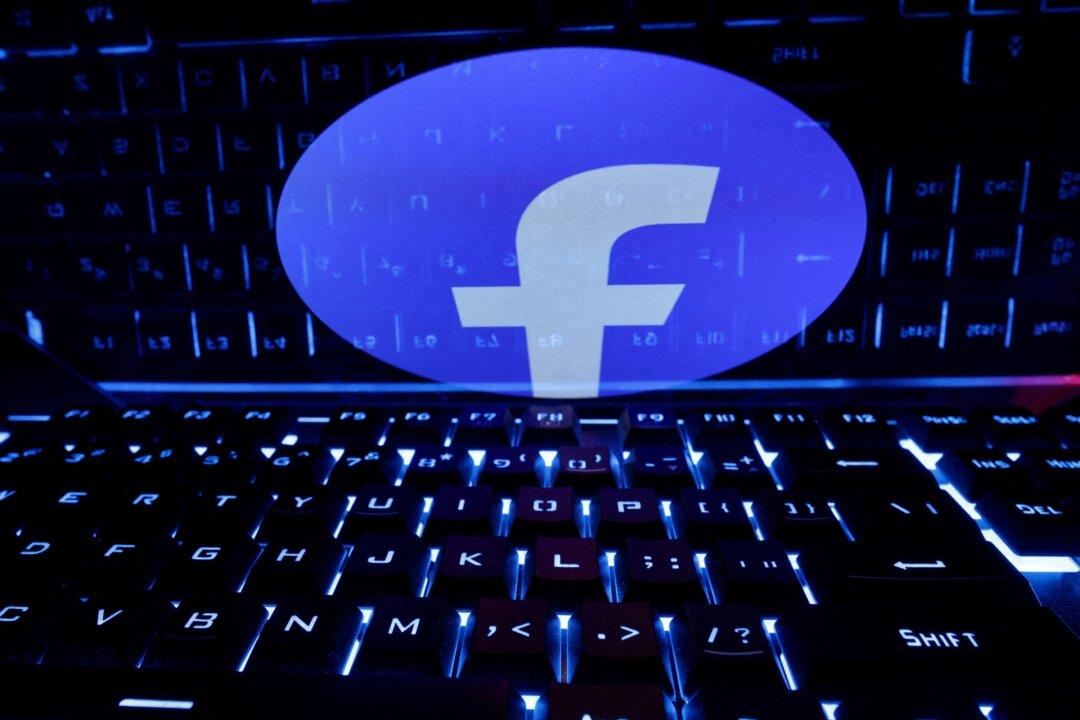The Biden administration on Thursday filed a motion to stay a preliminary injunction in which various government agencies were prohibited from continuing their meeting or contacting social media companies in regard to the removal of content.
“The Government faces irreparable harm with each day the injunction remains in effect,” the defendants state. They assert the injunction was so broad as to prevent the agencies from responsible and lawful actions, requesting a stay while the defendants sought to appeal so that the government agencies could continue instructing social media platforms.





